India Hot Topics
PM Modi Turns 70 Today, Know His Life Journey
Prime Minister Narendra Modi has turned 70 today. In these 70 years, PM Modi has seen many ups and downs in his life. The achievements in his life journey are equally controversial. But controversies also played an important role in Prime Minister Narendra Modi’s achievements on many fronts. Hardly anyone could have imagined that the popularity of a Gujarati person in the Hindi-speaking states of North India would also go up.
Modi’s identity was less of a Gujarati while being the Chief Minister of Gujarat. There was curiosity throughout the country about them. The BJP probably had an idea that this curiosity of the people will bring the party to the golden period. Morarji Desai was a Gujarati and he also became the Prime Minister but there is no comparison between the popularity of both.
There is no exaggeration to say that since the formation of BJP, the party has not found such a popular leader. Even Atal Bihari Vajpayee was not so popular. Let’s take a look at PM Narendra Modi’s birthday.
Narendra Modi was born in Vadnagar, a small town in Mehsana district of Gujarat. Born on 17 September 1950, Narendra Modi was the third child of the six children of Damodardas Modi and Hiraba. It is said that the financial condition of Modi’s family was not good and his father used to sell tea at the tea shop at the local railway station. Modi also used to share his father’s hand in this tea shop. Modi’s mother is a homemaker woman. Modi visits Gujarat almost every birthday to seek his mother’s blessings.
Narendra Modi’s early education was completed from the local school in Vadnagar. He had completed his higher secondary till 1967.
In 1968, Modi was married to Jashoda Ben. Modi did not get divorced from his wife but they both separated from each other. Modi’s wife Jashoda Ben was a teacher in a government school in Gujarat. She is now retired. In the 2014 Lok Sabha elections nomination, Modi had admitted for the first time that he was married. There was a lot of controversy about this during the Lok Sabha elections.
Modi left his home at an early age. After visiting India for two years, Modi came to Ahmedabad at the age of 20. In 1972, he became an RSS pracharak and started giving full time to the RSS. However, in the year 1975, Indira Gandhi imposed emergency in the country and Narendra Modi also became part of the anti-emergency movement. At the same time, he became the General Secretary of Gujarat Lok Sangharsh Samiti (GLSS), formed in protest against the Emergency. Narendra Modi used to change his disguise many times to avoid the strict supervision of the central government. Sometimes he was in disguise as a chieftain, then the next day as a bearded elder.
Indira Gandhi lost badly in the 1977 parliamentary elections and formed the Janata Party government. Jan Sangh leaders like Atal and Advani were made cabinet ministers in the government. Seeing the skill and hard work of Narendra Modi, he was given charge of South and Central Gujarat. During this time, Modi also completed his bachelor’s studies in political science.
In the 1984 Lok Sabha elections, BJP won just two seats. After this, the Sangh along with the BJP had decided that the party would now make Ram temple an issue. In 1986, BJP national president LK Advani became. He replaced Atal Bihari Vajpayee. In 1987, Advani made Modi the organization secretary of the BJP Gujarat unit. A few days later, a yatra was taken out to give impetus to the Ram temple movement in Gujarat. The yatra was successful and Modi’s stature grew bigger. He was made a member of the National Election Committee of the BJP.
Meanwhile, 1989 Lok Sabha elections were held and BJP got 89 seats. The benefit of the Ram temple movement was clearly visible to the BJP. In view of this, then BJP national president LK Advani prepared a rath yatra. Narendra Modi got the responsibility of combining this rath yatra. Narendra Modi was also present along with LK Advani as the convenor of the yatra on 25th September, 1990 from Somnath in Gujarat.
Modi’s stature within the party grew after he helped Advani conduct the Ayodhya Rath Yatra in 1990. In 1996, Modi came to Delhi as BJP’s national secretary and was given charge of major North Indian states like Punjab, Haryana, Himachal Pradesh and Jammu and Kashmir.
In 1998, the BJP formed the government in Himachal on its own strength and formed coalition governments in Haryana (1996), Punjab (1997), Jammu and Kashmir. After this, Modi was assigned the role of General Secretary (Organization). As General Secretary, he played an important role in the 1998 and 1999 Lok Sabha elections. In both elections, BJP became the single largest party and formed the government under Atal Bihari Vajpayee.
It has also been the most turning point and the most controversial phase of Modi’s life so far. In October 2001, Atal Bihari Vajpayee called Modi and said that he has to replace Keshubhai Patel. To become the Chief Minister of Gujarat. Modi was a little surprised to get such a big responsibility because before this he had not even become an MLA.
On October 7, Modi became the Chief Minister of Gujarat. Only a few months ago, the train of kar sevaks returning from service in Ayodhya was set ablaze in Godhra. The riot broke out and thousands of people were killed. The opposition party made allegations. Sonia Gandhi called Narendra Modi even a ‘merchant of death’. Differences started growing among the BJP’s own allies.
There were also reports of differences between Vajpayee and Advani over the removal of Narendra Modi from the Chief Minister’s chair, but Narendra Modi remained on the chair. As Modi’s opposition to the Gujarat riots grew, Modi’s image as a Hindutva leader grew stronger. Modi won the Gujarat Assembly elections three times in a row. Modi was the Chief Minister of Gujarat from October 2001 to May 2014.
In 2014, Narendra Modi became the face of the Prime Minister from the BJP. Modi contested the Lok Sabha elections for the first time in 2014 and won the election to form an absolute majority government. The last time a political party won an absolute majority was in the 1984 elections.
In the 2019 parliamentary elections, BJP won an absolute majority under Modi’s leadership. When Modi came to power for the second time, he fulfilled the election promise of destroying Article 370 from Jammu and Kashmir and the Ram temple. However, the Modi government is also facing criticism on issues like citizenship (amendment) law, NRC, unemployment, economy and border dispute with China.
News Source: Google
Also Read: UK Returns 15th Century Idols Of Lord Ram, Sita & Lakshman Stolen 40 Yrs Ago To India
Movie
The Madras High Court has granted early screenings of Vijay’s Leo movie from 7 AM, requesting the TN government to resolve any issues.
Madras High Court Grants Early Screenings of Vijay’s “Leo” Movie at 7 AM, Urges TN Government to Address Concerns
The Madras High Court has made a landmark decision in favor of the much-anticipated Tamil film “Leo,” starring actor Vijay. In a significant move, the court has granted permission for early screenings of the movie from 7 AM, urging the Tamil Nadu government to swiftly address any issues and facilitate the smooth release of the film. This decision marks a pivotal moment in the realm of Tamil cinema and the entertainment industry at large.
Historical Context:
The Indian film industry, particularly the Tamil film industry, has seen its share of controversies and challenges related to film releases. Issues such as censorship, political disputes, and public sentiment have often played a significant role in shaping the release schedules and screening times for films. Vijay, one of Tamil cinema’s most prominent actors, has been at the center of such controversies in the past. This decision by the Madras High Court is, therefore, particularly noteworthy.
The Ruling:
The Madras High Court’s decision to permit early screenings of “Leo” comes as a response to a plea filed by the film’s producers. The court, while considering the plea, took into account various factors, including the film’s anticipated popularity and the prevailing circumstances. The court emphasized the importance of accommodating the audience’s interests and allowing them to enjoy the film without disruptions.
A Step Towards Normalization:
The court’s decision signifies a positive shift in the film industry, where release dates and screening times are often mired in controversy. By allowing screenings to commence at 7 AM, the court aims to reduce the chances of public unrest and congestion near theaters, especially in the wake of high-profile film releases.
The Role of the Tamil Nadu Government:
The Madras High Court, in its ruling, also called upon the Tamil Nadu government to cooperate in ensuring a seamless release for the film. This cooperation extends to providing necessary security measures to maintain law and order around theaters during the early screenings.
Implications for the Entertainment Industry:
The decision is expected to set a precedent for the release of other highly anticipated films, not just in Tamil cinema but also in the broader Indian film industry. The court’s emphasis on the importance of accommodating the audience’s interests could lead to more flexible screening times for movies in the future.
The Audience’s Perspective:
For moviegoers and fans of Vijay, this decision comes as a welcome relief. They can now look forward to enjoying the film without any undue delays or disruptions, ensuring a memorable cinematic experience.
In conclusion, the Madras High Court’s ruling to allow early screenings of Vijay’s “Leo” at 7 AM while urging the Tamil Nadu government to resolve any issues paves the way for a more audience-centric approach in the film industry. It is a landmark decision that highlights the importance of balancing the interests of filmmakers and the movie-loving public. This judgment is poised to make a positive impact on the release of future films, ushering in a new era of flexibility and convenience for cinema enthusiasts.
Group Media Publications
Entertainment News Platforms – anyflix.in
Construction Infrastructure and Mining News Platform – https://cimreviews.com/
General News Platform – https://ihtlive.com/
Podcast Platforms – https://anyfm.in
-
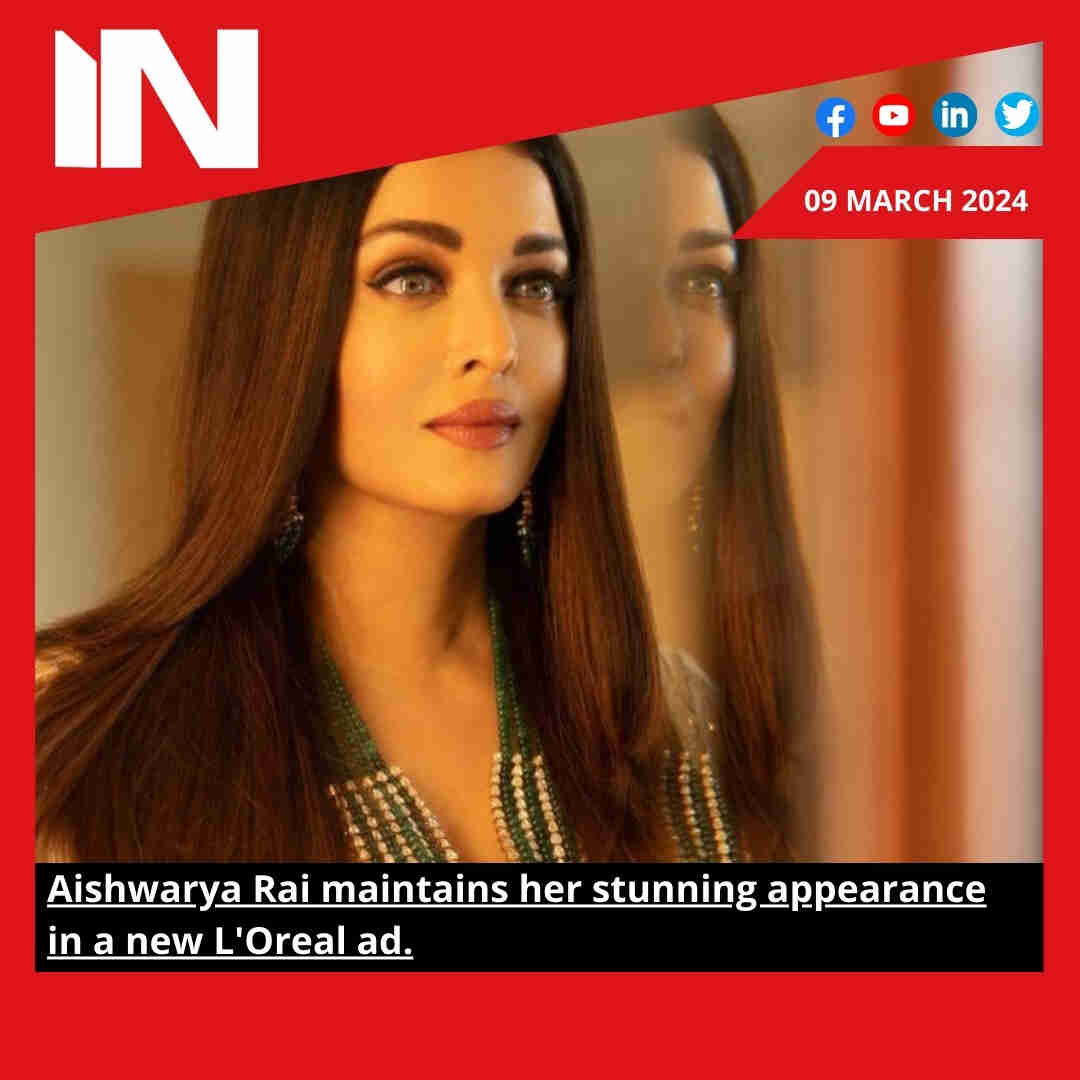
 Bollywood1 month ago
Bollywood1 month agoAishwarya Rai maintains her stunning appearance in a new L’Oreal ad.
-

 health and remedies1 month ago
health and remedies1 month agoThe article discusses the potential health risks associated with swallowing dry ice
-
.jpg)
.jpg) Music4 weeks ago
Music4 weeks agoSidhu Moosewala’s father and baby brother feature on Times Square billboard; fans react. Watch
-
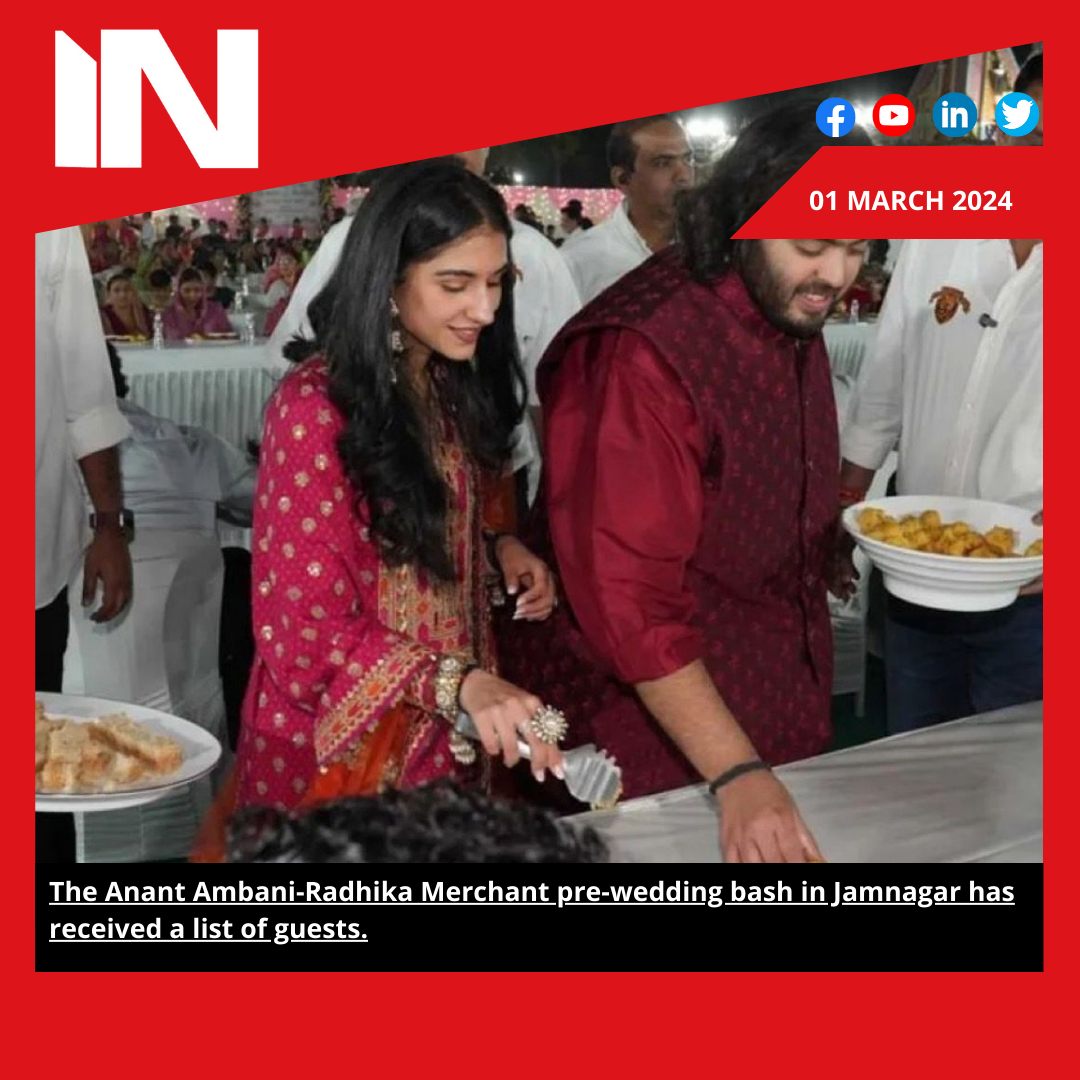
 Entertainment2 months ago
Entertainment2 months agoThe Anant Ambani-Radhika Merchant pre-wedding bash in Jamnagar has received a list of guests.
-
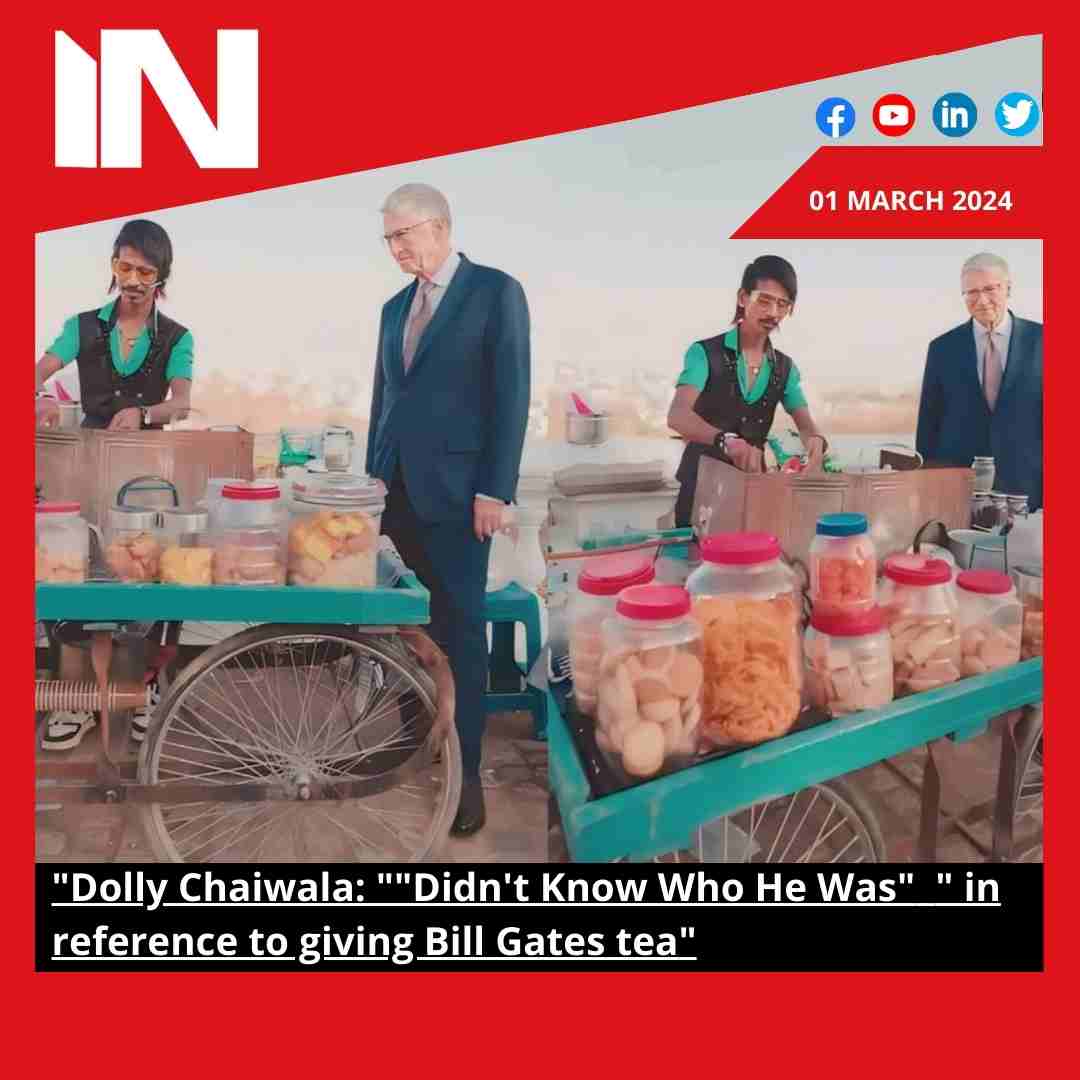
 Trending2 months ago
Trending2 months agoDolly Chaiwala: “Didn’t Know Who He Was” in reference to giving Bill Gates tea
-
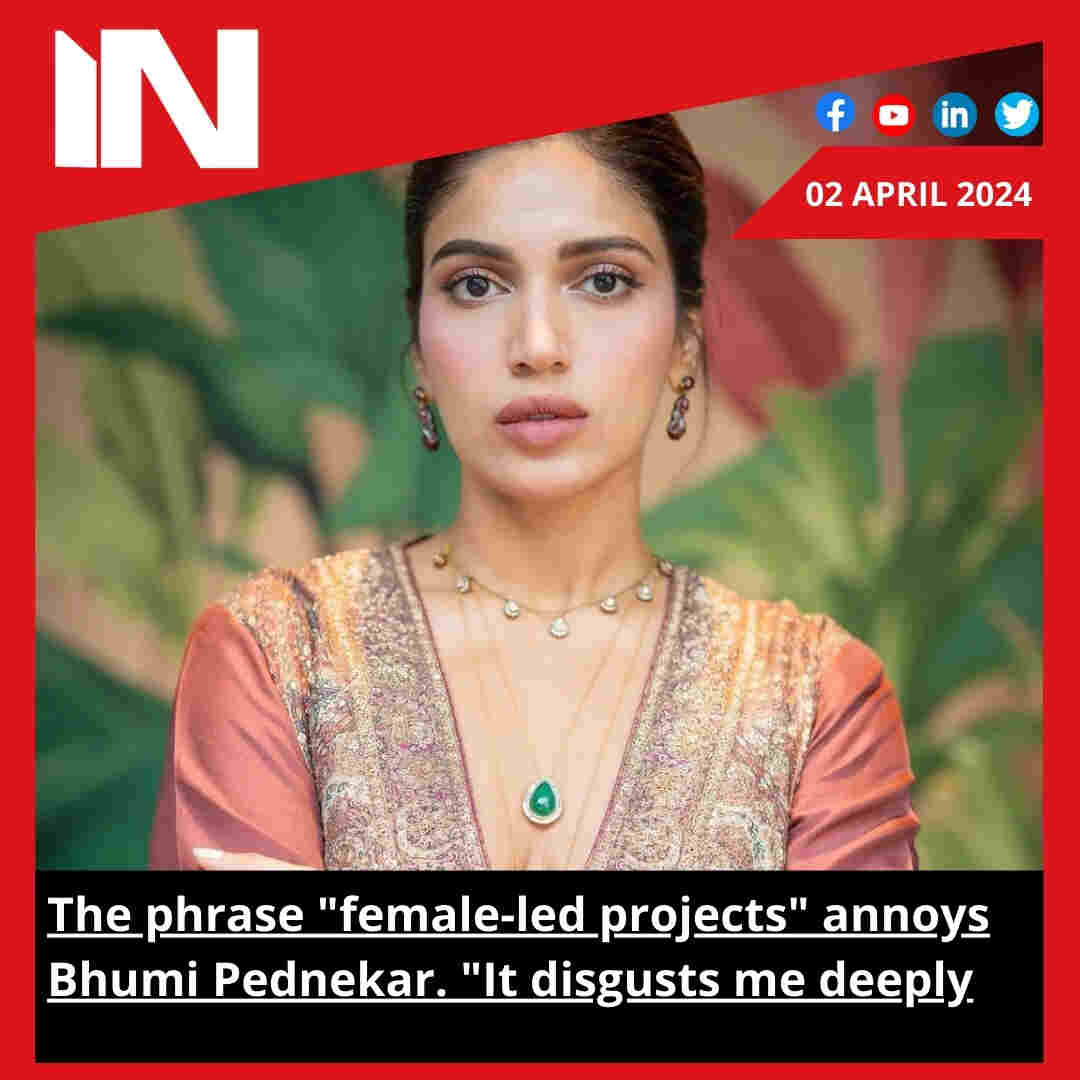
 Bollywood3 weeks ago
Bollywood3 weeks agoThe phrase “female-led projects” annoys Bhumi Pednekar. “It disgusts me deeply.”
-
Bollywood2 weeks ago
Rasha, the daughter of Raveena Tandon, discusses how trolling affects her: “I think in processing it, feeling bad for a bit.”
-

 Trending2 months ago
Trending2 months agoOppo Reno 12 Pro Key Features Leak Online: Expected to Receive a 1.5K Display with a Density 9200+ SoC
.jpg)


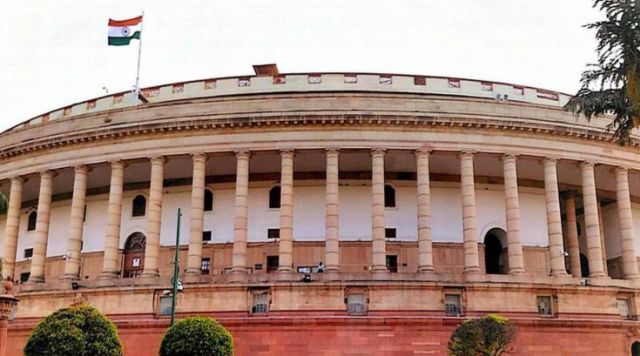


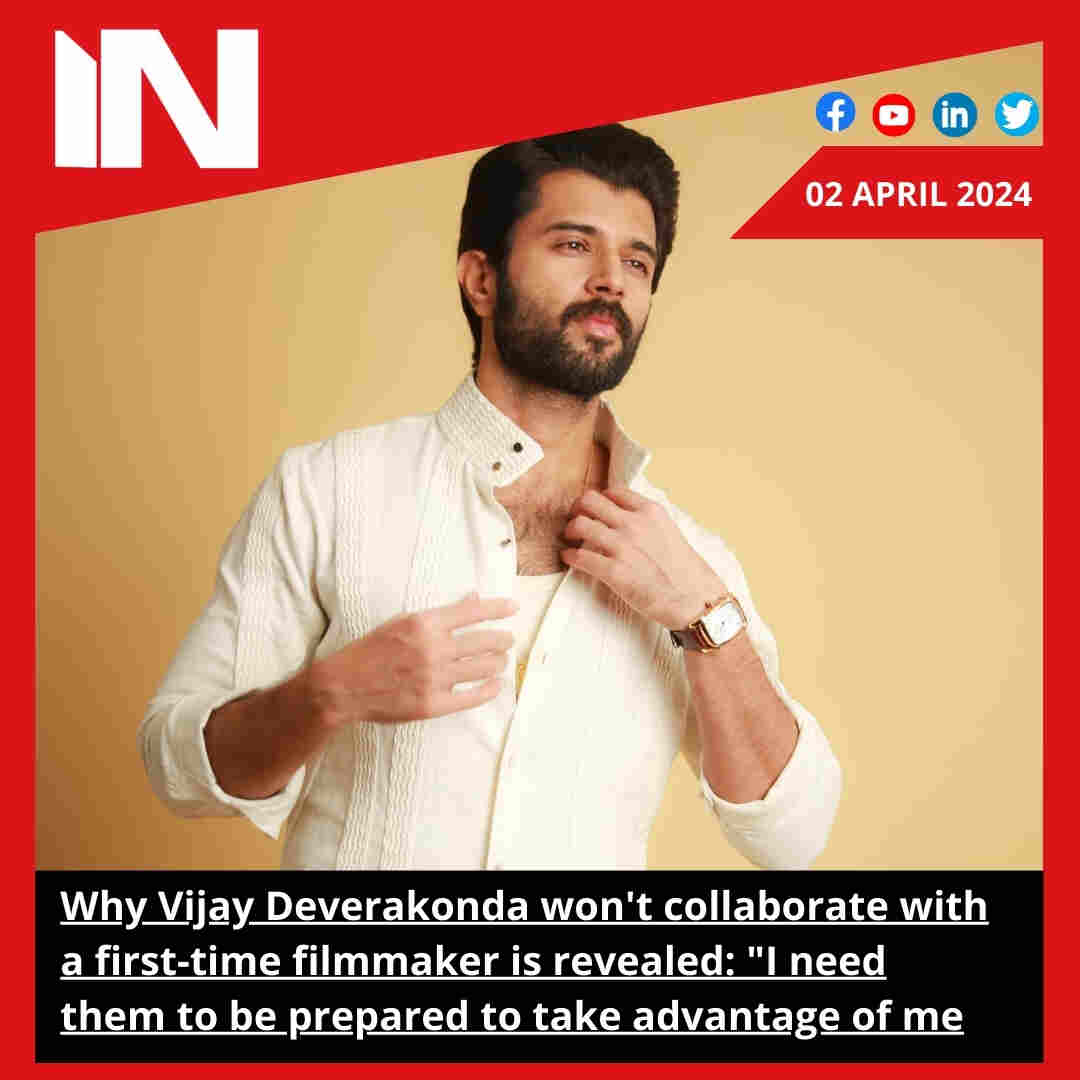
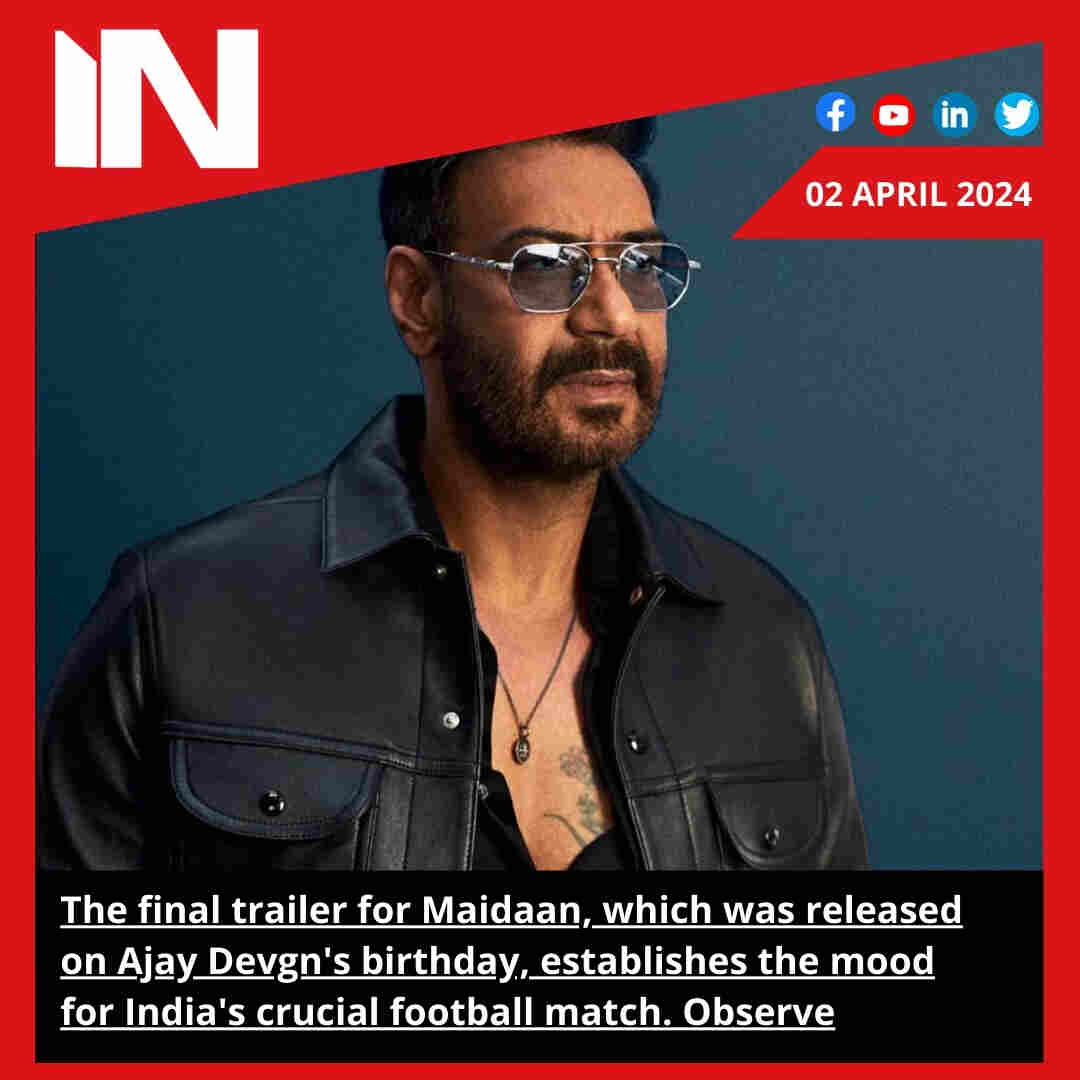
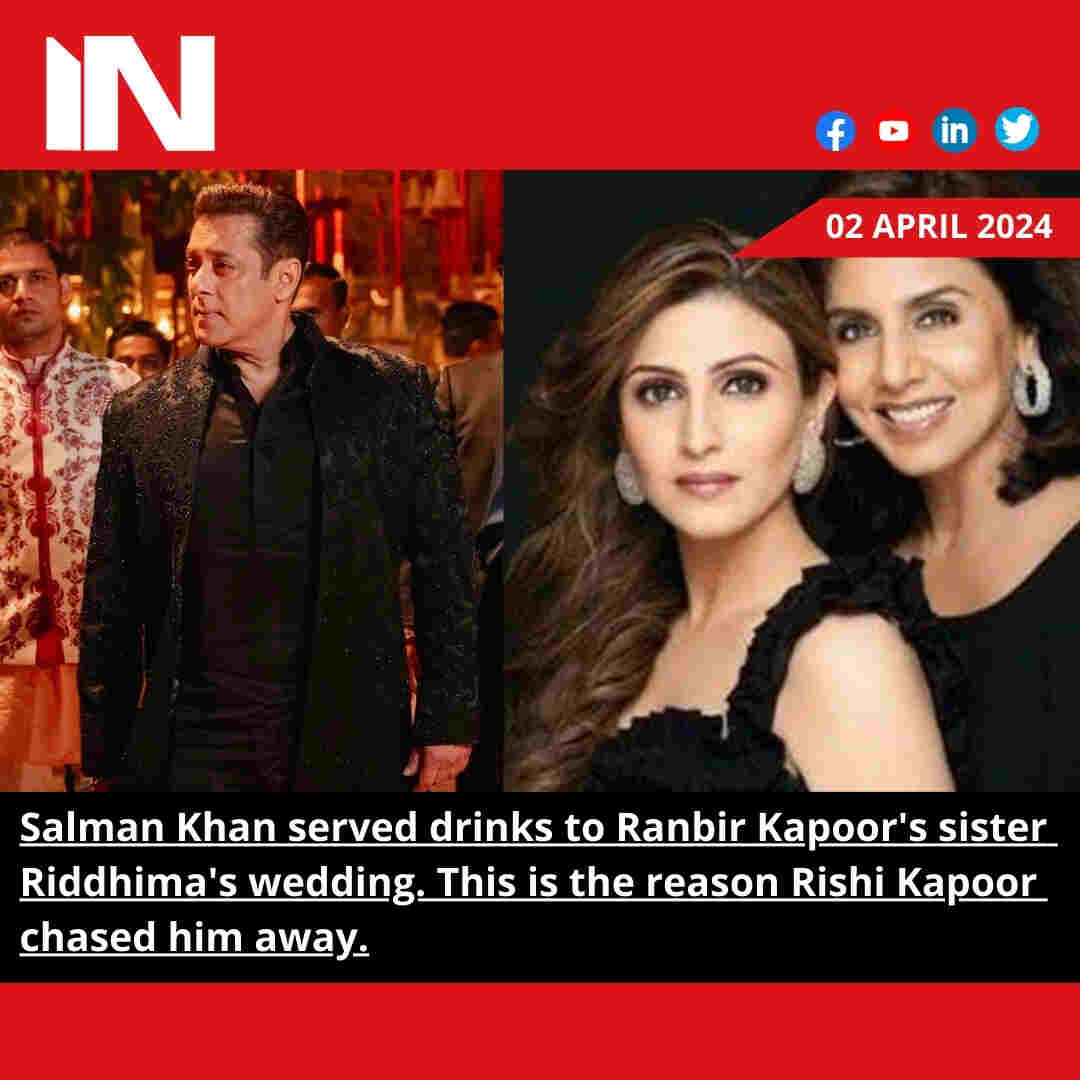
.jpg)
%20(1).jpg)
%20(1).jpg)
%20(1).jpg)
%20(1).jpg)
.jpg)





